Methane and Human Exposure
Methane is a natural gas present in many places close to where we are as well. Namely, methane is a gas produced in sewers, landfills, waste pits and many other environments. Since breathing in too much of this gas can be harmful and dangerous, you are to be extremely careful when near this gas. It can enter your house or office through many different factors.
Still, being less dense than air, it manifests symptoms only after a longer time of exposure. Besides the above mentioned places where methane is present, kitchens where rotting food can be left are one of the spots of methane exposure too. Also, compost spots, potting soil and many other things emit methane and people should be careful around these, knowing that they are being exposed to a potentially harmful gas.
Methane can be inhaled or ingested, even though the latter is less likely to happen, it might take place through handling dirt or soil which contains this gas, eating the contents later. Children are prone to this. Yet, methane cannot be transferred through touch, nor can it enter your body this way.
Signs of Methane Exposure
Long-term breathing of methane will deplete the oxygen levels from our organism. This will trigger breathing difficulties and various problems of this type, eventually resulting in suffocation. This lack of oxygen may result in the loss of consciousness as well. Since our body notices that it is losing air rapidly, it tries to compensate for the loses through creating air out of the water supplies we have in our system. Therefore, this can cause dehydration too.
During the course of methane exposure,you are likely to vomit and feel nauseous. These, as well as collapsing can all be signs of methane poisoning and should be taken quite seriously. Headaches and heart palpitations are also possible signs of an ongoing methane intoxication. Additionally, one's cognitive problems start occurring, due to the fact that there is not enough air in one's brain.
Finally, lack of coordination, vision problems and symptoms which are otherwise related to flu can be present in cases of methane poisoning as well.
- Inhalation: Low concentrations are not harmful. A high concentration can displace oxygen in the air. If less oxygen is available to breathe, symptoms such as rapid breathing, rapid heart rate, clumsiness, emotional upsets and fatigue can result. As less oxygen becomes available, nausea and vomiting, collapse, convulsions, coma and death can occur. Symptoms occur more quickly with physical effort. Lack of oxygen can cause permanent damage to organs including the brain and heart.
- Skin contact: Not irritating. Direct contact with the liquefied gas can chill or freeze the skin (frostbite). Symptoms of mild frostbite include numbness, prickling and itching. Symptoms of more severe frostbite include a burning sensation and stiffness. The skin may become waxy white or yellow. Blistering, tissue death and infection may develop in severe cases.
- Eye contact: Not irritating. Direct contact with the liquefied gas can freeze the eye. Permanent eye damage or blindness can result.
- Ingestion: Not a relevant route of exposure (gas).
- Effects of long-term (chronic) exposure: Not harmful.
- Carcinogenicity: Not a carcinogen.
- Teratogenicity / Embryotoxicity: Not known to harm the unborn child.
- Reproductive toxicity: Not known to be a reproductive hazard.
- Mutagenicity: Not known to be a mutagen.
Therefore, whenever you notice any of these symptoms, you are to react timely and get some fresh air or seek medical attention since the outcome of methane exposure may easily be death, given enough time. Also, make sure your house and office is full of fresh air all the time. Thus, ventilate often and avoid anything like this happening to you or people you care about.



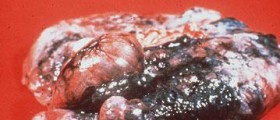


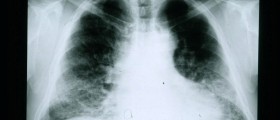



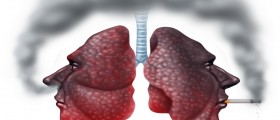
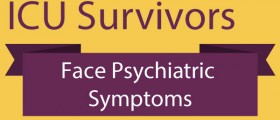


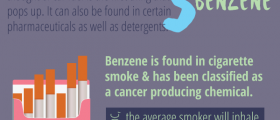

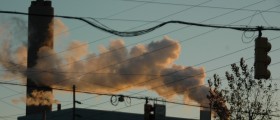

Your thoughts on this
Loading...